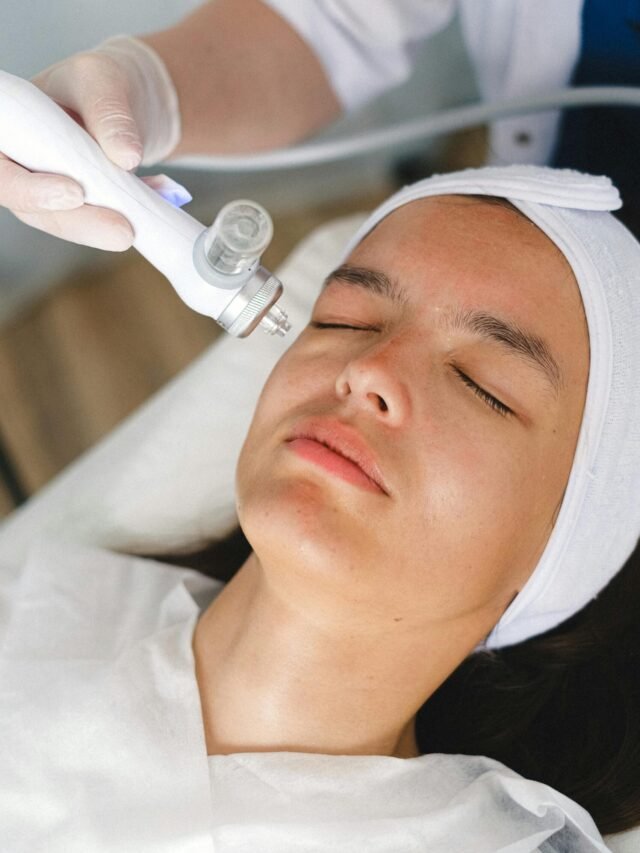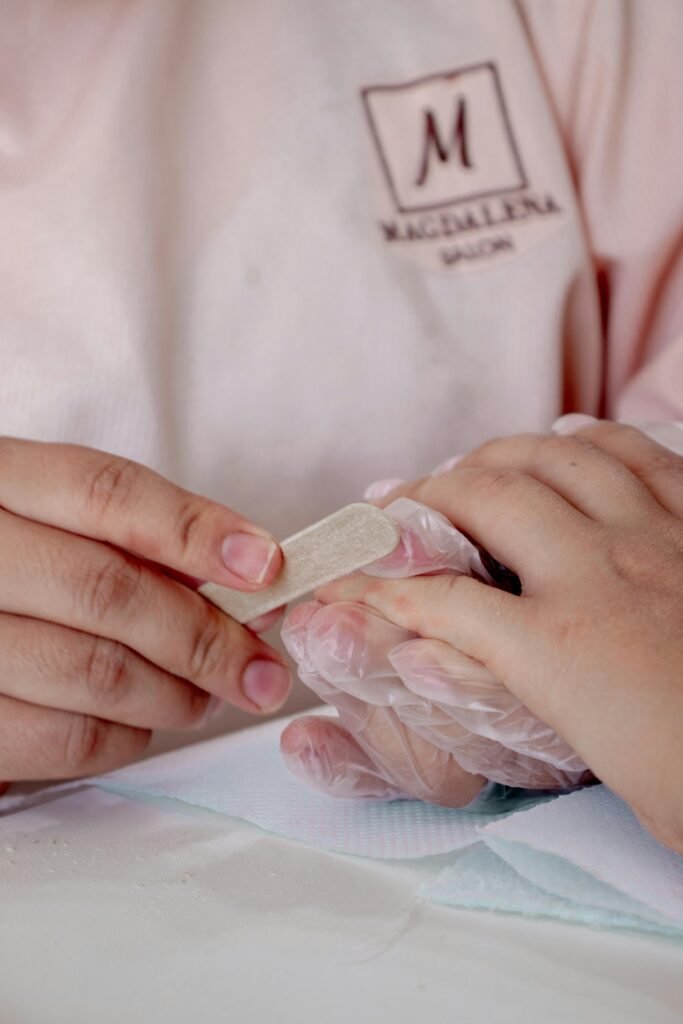
The Best Way to Protect Your Eyes: A Comprehensive Guide 2024
Our eyes are our windows to the world, allowing us to experience the beauty and vibrancy of life. Given their importance, it’s essential to prioritize eye health and take proactive steps to protect them. This guide will cover the best ways to protect your eyes, ensuring you enjoy clear, healthy vision for years to come.

Understanding Eye Health
Before diving into the specific methods of protecting your eyes, it’s crucial to understand the basics of eye health. The eyes are complex organs that require proper care and attention. They are composed of various parts, including the cornea, lens, retina, and optic nerve, all of which play a role in vision. Maintaining the health of these components is key to preserving your sight.
Regular Eye Exams
One of the most effective ways to protect your eyes is through regular eye exams. Many eye conditions, such as glaucoma and macular degeneration, develop gradually and may not show noticeable symptoms until they are advanced. Regular check-ups with an eye specialist can help detect these issues early and provide timely treatment.
How Often Should You Have an Eye Exam?
- Children: First eye exam at 6 months, then at 3 years, before first grade, and every two years thereafter.
- Adults (18-60): Every two years.
- Seniors (61+): Annually.

If you have a family history of eye diseases, diabetes, or wear contact lenses, you may need more frequent exams.
Proper Nutrition for Eye Health
Nutrition plays a vital role in maintaining healthy eyes. A balanced diet rich in vitamins and minerals can help prevent a variety of eye conditions.
Key Nutrients for Eye Health
- Vitamin A: Essential for night vision and preventing dry eyes. Found in carrots, sweet potatoes, and leafy greens.
- Vitamin C: Helps prevent cataracts and maintain overall eye health. Found in citrus fruits, strawberries, and bell peppers.
- Vitamin E: Protects eyes from free radical damage. Found in nuts, seeds, and spinach.
- Omega-3 Fatty Acids: Supports retinal function and reduces the risk of dry eyes. Found in fish, flaxseeds, and walnuts.
- Zinc: Vital for maintaining the health of the retina and reducing the risk of age-related macular degeneration. Found in oysters, beef, and beans.
Incorporating these nutrients into your diet can significantly contribute to eye health and protect your vision.

Protecting Your Eyes from UV Rays
Ultraviolet (UV) rays from the sun can damage your eyes, leading to conditions such as cataracts, macular degeneration, and photokeratitis (sunburn of the cornea). Wearing sunglasses that block 100% of UV rays is one of the simplest and most effective ways to protect your eyes from sun damage.
Choosing the Right Sunglasses
- UV Protection: Ensure your sunglasses block 100% of both UVA and UVB rays.
- Lens Quality: Choose sunglasses with high-quality lenses to prevent distortion and provide clearer vision.
- Wraparound Style: Wraparound sunglasses provide additional protection by blocking UV rays from the sides.
- Polarized Lenses: These lenses reduce glare, making them ideal for driving and outdoor activities.
Reducing Digital Eye Strain
In today’s digital age, many of us spend hours staring at screens, leading to digital eye strain, also known as computer vision syndrome. Symptoms include dry eyes, headaches, blurred vision, and neck and shoulder pain.
Tips to Reduce Digital Eye Strain
- Follow the 20-20-20 Rule: Every 20 minutes, look at something 20 feet away for at least 20 seconds.
- Adjust Your Screen: Position your screen about an arm’s length away and slightly below eye level.
- Use Proper Lighting: Reduce glare by using proper lighting and adjusting the brightness of your screen.
- Blink More Often: Blinking helps keep your eyes moist and reduces dryness and irritation.
- Use Artificial Tears: If you experience dry eyes, artificial tears can provide relief and keep your eyes lubricated.
Protecting Your Eyes at Work
Whether you work in an office, a construction site, or a laboratory, protecting your eyes at work is essential. Different environments present various risks, and taking appropriate precautions can prevent eye injuries.
Office Workers
- Ergonomic Workstation: Set up your workstation to reduce strain on your eyes and neck.
- Regular Breaks: Take regular breaks to rest your eyes and stretch your body.
- Proper Lighting: Ensure your workspace is well-lit to reduce eye strain.
Industrial Workers
- Safety Goggles: Always wear safety goggles to protect your eyes from debris, chemicals, and other hazards.
- Face Shields: In addition to safety goggles, use face shields when working with dangerous materials.
- Regular Training: Participate in regular safety training to stay updated on best practices for eye protection.
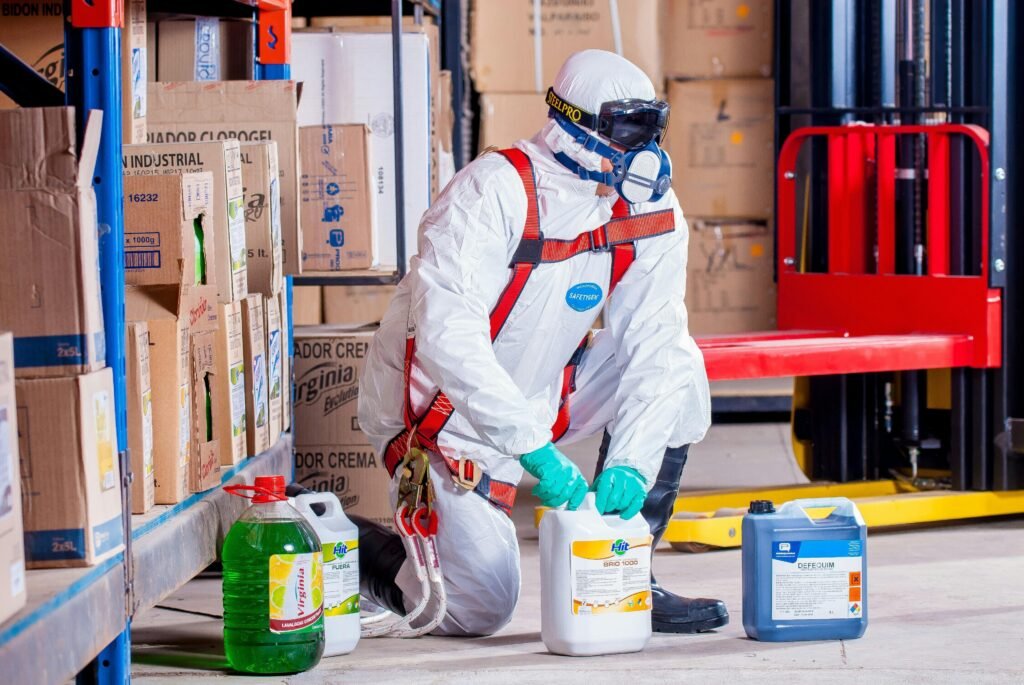
The Importance of Proper Eyewear
Wearing the right eyewear is crucial for protecting your eyes. This includes not only sunglasses and safety goggles but also prescription glasses or contact lenses if needed.
Prescription Eyewear
- Regular Check-Ups: Ensure your prescription is up-to-date by having regular eye exams.
- Proper Fit: Ill-fitting glasses or contact lenses can cause discomfort and strain on your eyes.
- High-Quality Lenses: Invest in high-quality lenses that provide clear vision and protect your eyes from UV rays.
Contact Lenses
- Hygiene: Always wash your hands before handling contact lenses to prevent infections.
- Proper Care: Follow the recommended cleaning and storage guidelines for your contact lenses.
- Avoid Overuse: Don’t wear your contact lenses for longer than recommended to avoid eye strain and infections.
The Role of Eye Exercises
Eye exercises can help reduce eye strain, improve focus, and enhance overall eye health. While they won’t correct vision problems like nearsightedness or astigmatism, they can be beneficial for maintaining healthy eyes.
Simple Eye Exercises
- Palming: Rub your hands together to generate heat, then place them over your closed eyes for a few minutes. This helps relax your eye muscles.
- Focus Change: Hold your finger a few inches away from your eyes and focus on it. Then, shift your focus to something farther away. Repeat several times.
- Eye Rolling: Roll your eyes in a circular motion to the left and then to the right. Repeat a few times to reduce eye strain.
- Figure Eight: Imagine a large figure eight on the floor about 10 feet in front of you. Trace the figure eight with your eyes for a few minutes, first in one direction and then the other.
Getting Enough Sleep
Adequate sleep is essential for overall health, including eye health. During sleep, your eyes are replenished with essential nutrients, and any damage or strain from the day is repaired.
Tips for Better Sleep
- Establish a Routine: Go to bed and wake up at the same time every day to regulate your sleep cycle.
- Create a Sleep-Friendly Environment: Keep your bedroom dark, cool, and quiet to promote better sleep.
- Limit Screen Time: Avoid screens at least an hour before bedtime to reduce blue light exposure, which can interfere with sleep.
Managing Chronic Conditions
Chronic conditions like diabetes and hypertension can have a significant impact on eye health. Managing these conditions effectively is crucial for protecting your eyes.
Diabetes
- Regular Monitoring: Keep your blood sugar levels under control to prevent diabetic retinopathy.
- Regular Eye Exams: Diabetics should have a comprehensive eye exam at least once a year.
Hypertension
- Blood Pressure Control: Maintain a healthy blood pressure to reduce the risk of hypertensive retinopathy.
- Healthy Lifestyle: Adopt a healthy lifestyle with a balanced diet and regular exercise to manage your blood pressure.
Quit Smoking
Smoking is harmful to your overall health and particularly detrimental to your eyes. It increases the risk of developing cataracts, macular degeneration, and optic nerve damage. Quitting smoking can significantly improve your eye health and reduce the risk of these conditions.

Tips to Quit Smoking
- Seek Support: Join a support group or seek help from a healthcare professional.
- Nicotine Replacement Therapy: Use nicotine patches or gum to reduce withdrawal symptoms.
- Stay Active: Engage in physical activities to distract yourself and reduce cravings.
Hydration
Staying hydrated is essential for maintaining healthy eyes. Dehydration can lead to dry eyes and other issues. Drinking plenty of water throughout the day helps keep your eyes moist and reduces the risk of dryness and irritation.
Tips for Staying Hydrated
- Drink Regularly: Make a habit of drinking water regularly throughout the day.
- Eat Hydrating Foods: Include fruits and vegetables with high water content, such as cucumbers, watermelon, and oranges, in your diet.
- Avoid Excessive Caffeine and Alcohol: These can dehydrate your body and affect your eye health.
Conclusion
Protecting your eyes requires a combination of healthy habits, proper nutrition, regular eye exams, and taking preventive measures in various aspects of your life. By incorporating these practices into your daily routine, you can ensure your eyes remain healthy and your vision stays clear. Remember, your eyes are precious, and taking care of them should be a top priority.
Click here for more health related information:
Recent Post:

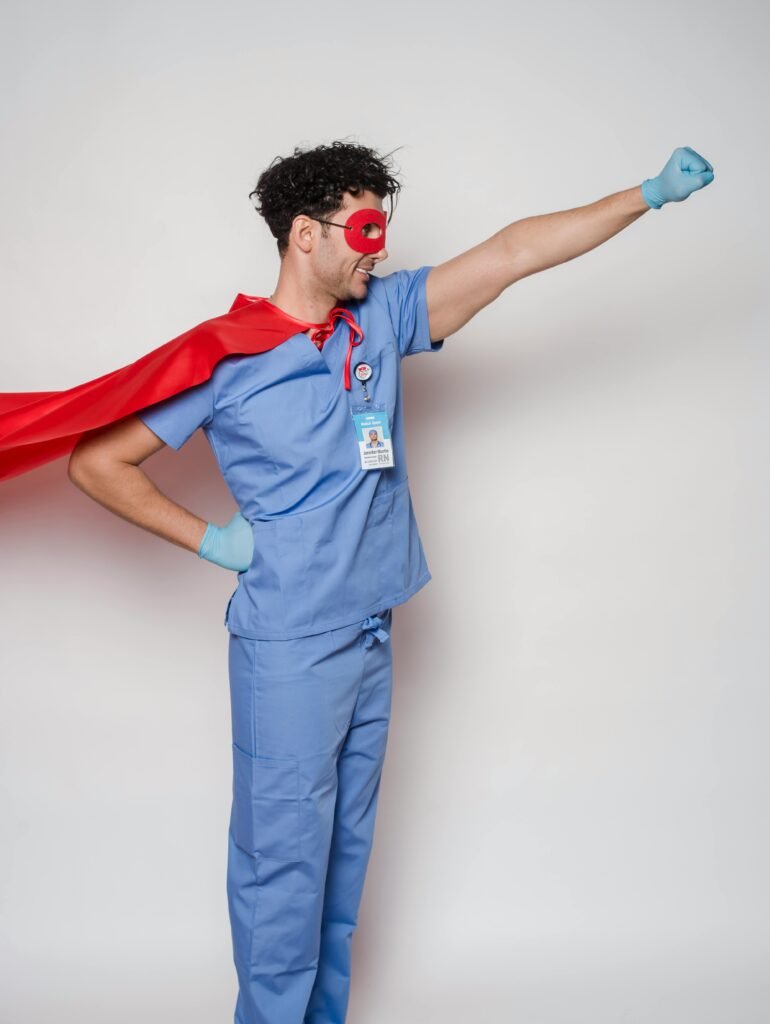

“इमली के बीजों को फेंकने की भूल मत करें: 14,000 Crore के Market में छिपा है सोना”

कहीं आप भी तो नही कर रहे Badi Ilyachi और Chhoti Ilyachi का गलत उपयोग,जाने आयुर्वेद के अनुसार

भारतीय पंचांग और आयुर्वेद के अनुसार किस मौसम में क्या खाएं और क्या नहीं 2024?
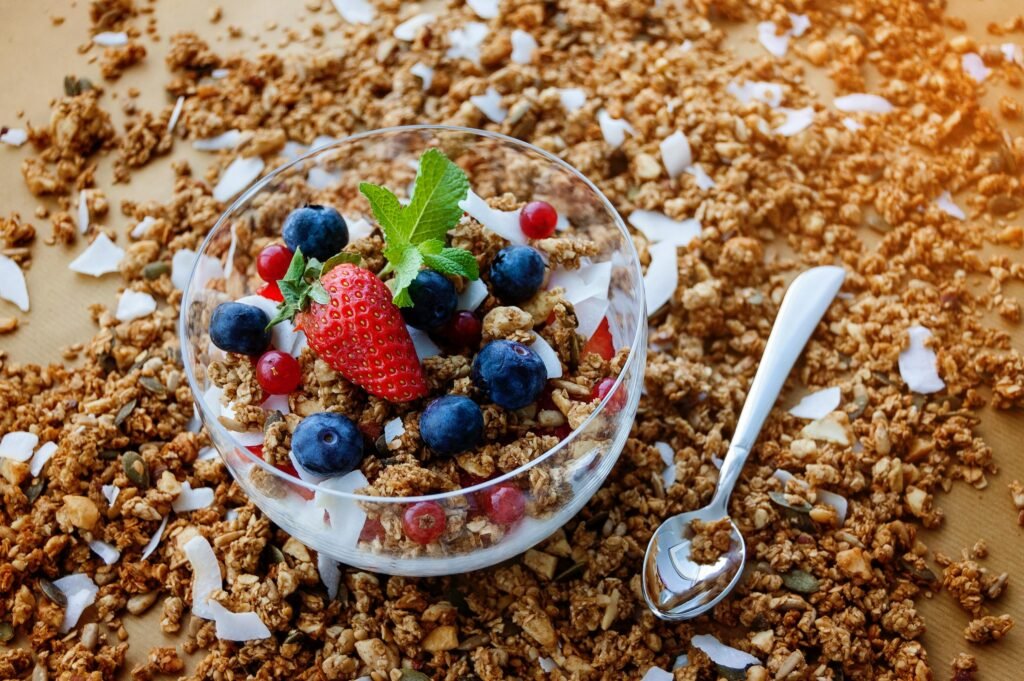


अगर “Momos” खाकर आपको भी हो रही है उल्टिया ,तो कहीं आपको ये जानलेवा बिमारी तो नहीं?

10 Foods जो आपके लिए जानलेवा हो सकते हैं: अभी बंद करें इनका सेवन







